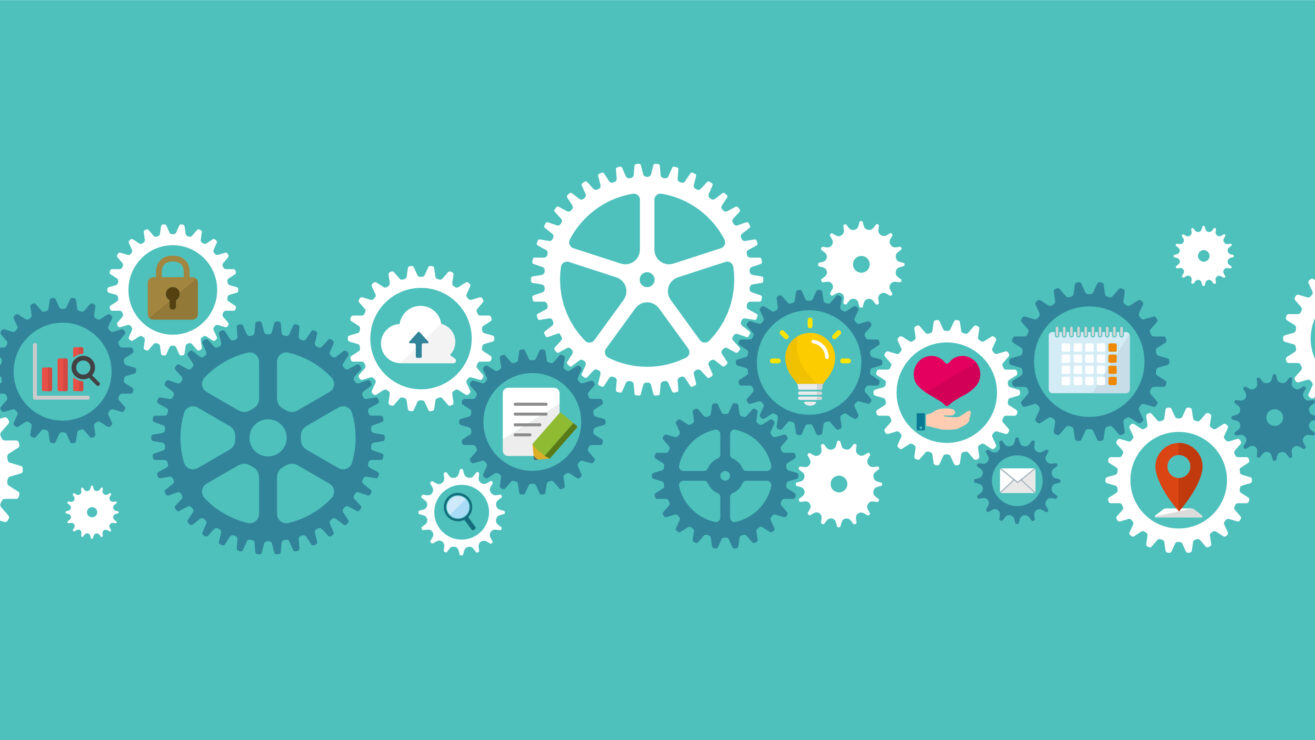Over the past week, as universities have responded to government advice on limiting the spread of Covid-19, everyone’s had to make major adjustments to their ways of working and living. Coping with such a significant change, plus dealing with the uncertainty about how long it might all last, can take its toll on emotional wellbeing and mental health.
Once the initial dust has settled and people have begun to adjust to the change, the first few weeks could even feel rather fun, as people start to experiment with new ways of working, and enjoy the novelty of being able to make lunch at home, for example.
But assuming we’re in this for longer than a few weeks, and we could be adopting social isolation measures for several months, it’s really important to plan now and start taking action to build long-term resilience, once the novelty has worn off.
People who aren’t used to working or studying remotely, and have relied on the sense of connection and community we get from being in contact with other human beings, could begin to feel isolated quickly.
Along with that loss of connection could come a dip in motivation or, conversely, difficulties with switching off at the end of the working day when work/study and personal life aren’t so clearly demarcated.
Daily practice for long term resilience
The Fika model of wellbeing introduces daily small-scale exercises that nourish mental and emotional health for the long term. And those practices are even more important now that one of our main usual sources of emotional nourishment – social connection – is restricted.
There’s all the standard advice, which is worth repeating: establishing a daily routine, with boundaries, is essential when working or studying remotely. Getting dressed every morning in clothes that make you feel work-ready, getting some fresh air during the day if you can, and setting aside time for physical exercise all really help.
While it’s tempting to watch rolling news or engage with social media, be conscious of the effect these activities have on you. If they are fuelling your sense of anxiety or panic, or making you angry or despairing, they aren’t contributing to your wellbeing – it could be worth restricting these activities in favour of doing things that make you feel happy, whatever those might be.
Staying connected seems like it should be easy – we’re all making plenty of use of video conferencing platforms, online learning and WhatsApp. There’s some great examples out there of universities and students’ unions organising virtual get-togethers and joint activities. But also be sure to make time for more personal conversations, especially if you’re feeling low. Sharing a funny gif can bring a moment of pleasure, but there should also be space for conversations with trusted friends and family about feelings of loneliness and loss of motivation – the stuff of real personal connection.
Another positive daily habit that can improve wellbeing is acts of kindness – and given the situation we’re in there’s plenty of opportunity to help a friend or neighbour. Kindness is also contagious – people instinctively pay kindness forward, so by doing small acts of kindness you’ll be contributing to a better, kinder world. Making time to be grateful and acknowledge the positive, even for very small things, will also boost wellbeing.
Working cultures
Academics who have had to rapidly move teaching online may be experiencing upskilling panic when the scale of the new learning required feels insurmountable. That’s normal, doing things a totally different way is really stressful. But be comforted by the research that has found that doing new and different things over time builds our emotional toolkit, and ultimately makes us better able to manage stress.
Those who work in teams will need to consider how to replace the positive effect of small daily contacts. Though there isn’t a replacement for the subtle things your body and face tell people when you see them every day, you can consciously adopt some good practice. Working online requires you to verbalise more – say thank you and well done more frequently and be more mindful of how tone comes across in written communications.
Though the temptation could be to defer the difficult conversations until you can see someone in person, if remote working is going to be the new normal for the foreseeable future, then finding ways to address small issues before they become big problems is still a necessary part of working life. To a large extent it’s reminding ourselves of what we know already – like that text and email are not effective media to deliver challenging feedback.
A sense of purpose
All these small daily habits can add up to quite a lot of positive impact. But the real secret of long term wellbeing is less about following top tips, and more about knowing yourself well enough to make good personal choices about how you spend your time.
One effect of a sudden shift to remote working or study is that extrinsic motivators – such as pleasing authority figures, or seeking professional advancement – may recede.
Many theories of wellbeing have at their centre intrinsic motivation – recognising that people who are driven by a sense of purpose and values, and an idea of what they want to convey, or add to the world, tend to be healthier and more resilient.
One exercise that I have found useful in making personal and professional decisions is to write down my five core life values. Mine include personal growth and development, and kindness. Knowing our values creates a “rudder” that helps to steer us when the future is murky or unpredictable.
Experienced professionals, especially those working in universities, may already be confident in their values and purpose. So maybe it’s even more important to ask what provision is being made for students to think about these larger questions.
Though students will understandably be concerned about practical questions of access to learning resources and how they’ll be assessed, as the Covid-19 pandemic continues students will also be asking bigger questions about the world, and seeking compass points to make sense of it.
Universities that are prepared to facilitate discussions of values and purpose through teaching, in personal tutor meetings – even when conducted online – and through their communications are building community emotional resilience, guarding against student and staff disengagement, or burnout.
In working with our partner universities, it’s clear there’s already a strong appetite to develop approaches to mental health and wellbeing that focus on proactive, positive measures, embedded across the university’s activities. This was already starting to happen before the Covid-19 crisis – but the crisis could be a fantastic catalyst for culture change, if we’re prepared to rise to the challenge.
This article is published in association with Fika.














Great advice and I like the fact that you recognise that more senior leaders may also experience a lack of motivation at some stage- this shift in working has created a levelling out of the playing field-interesting times ahead. Thank you